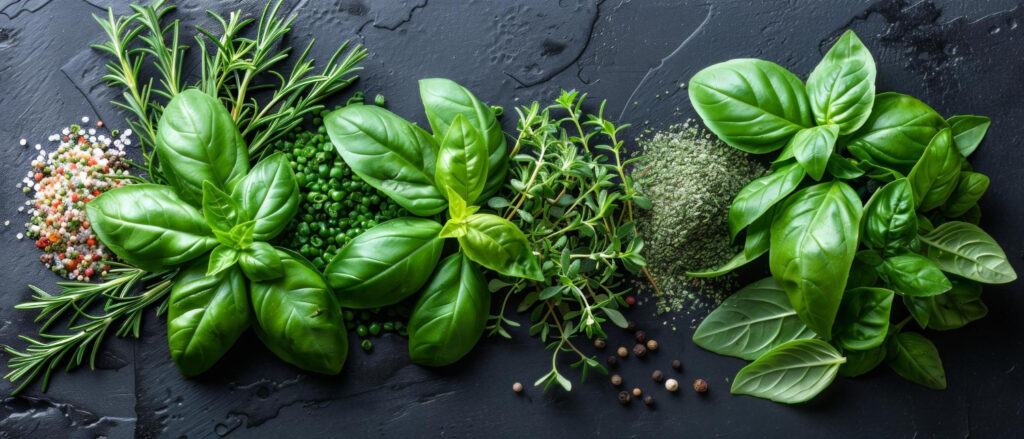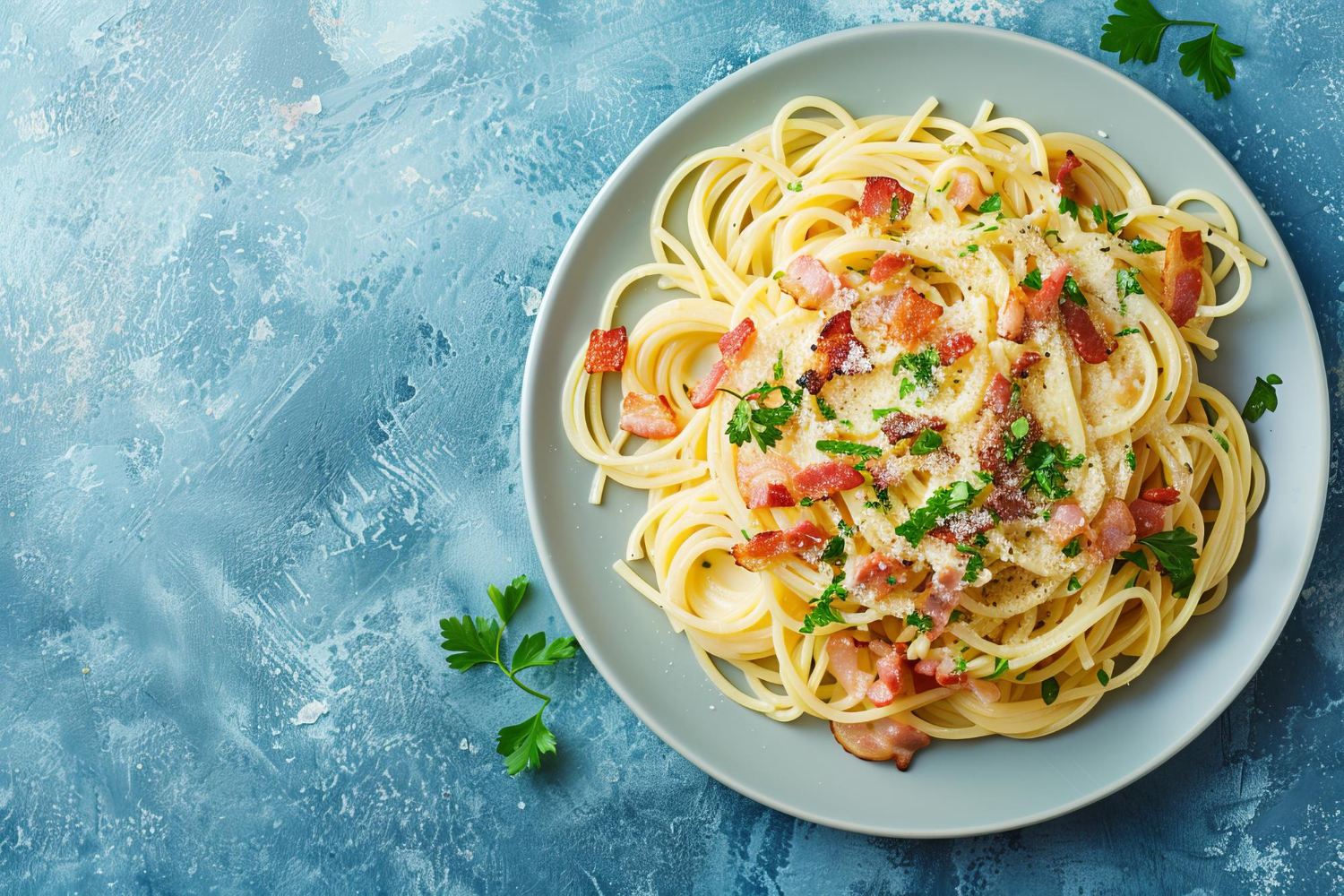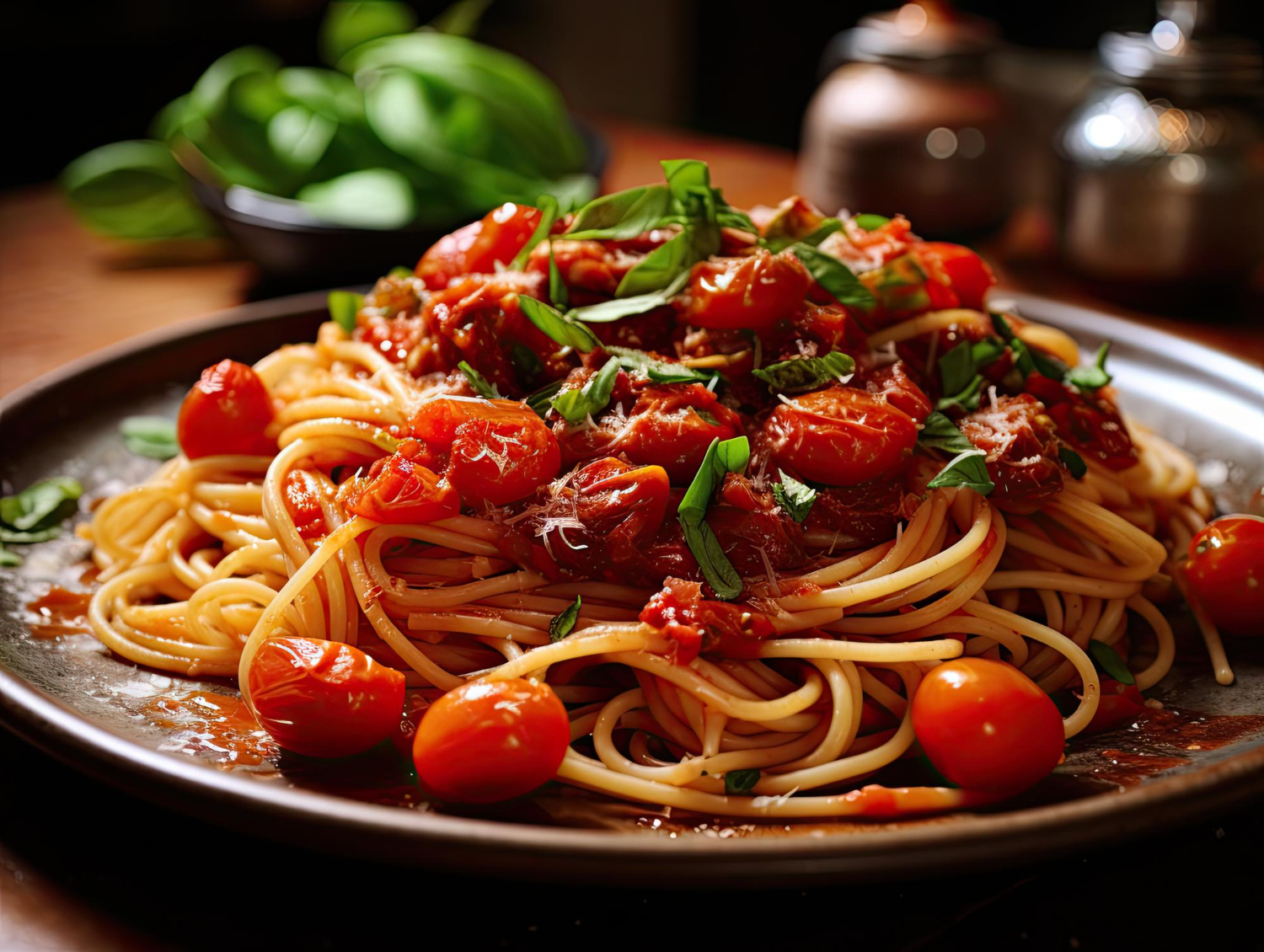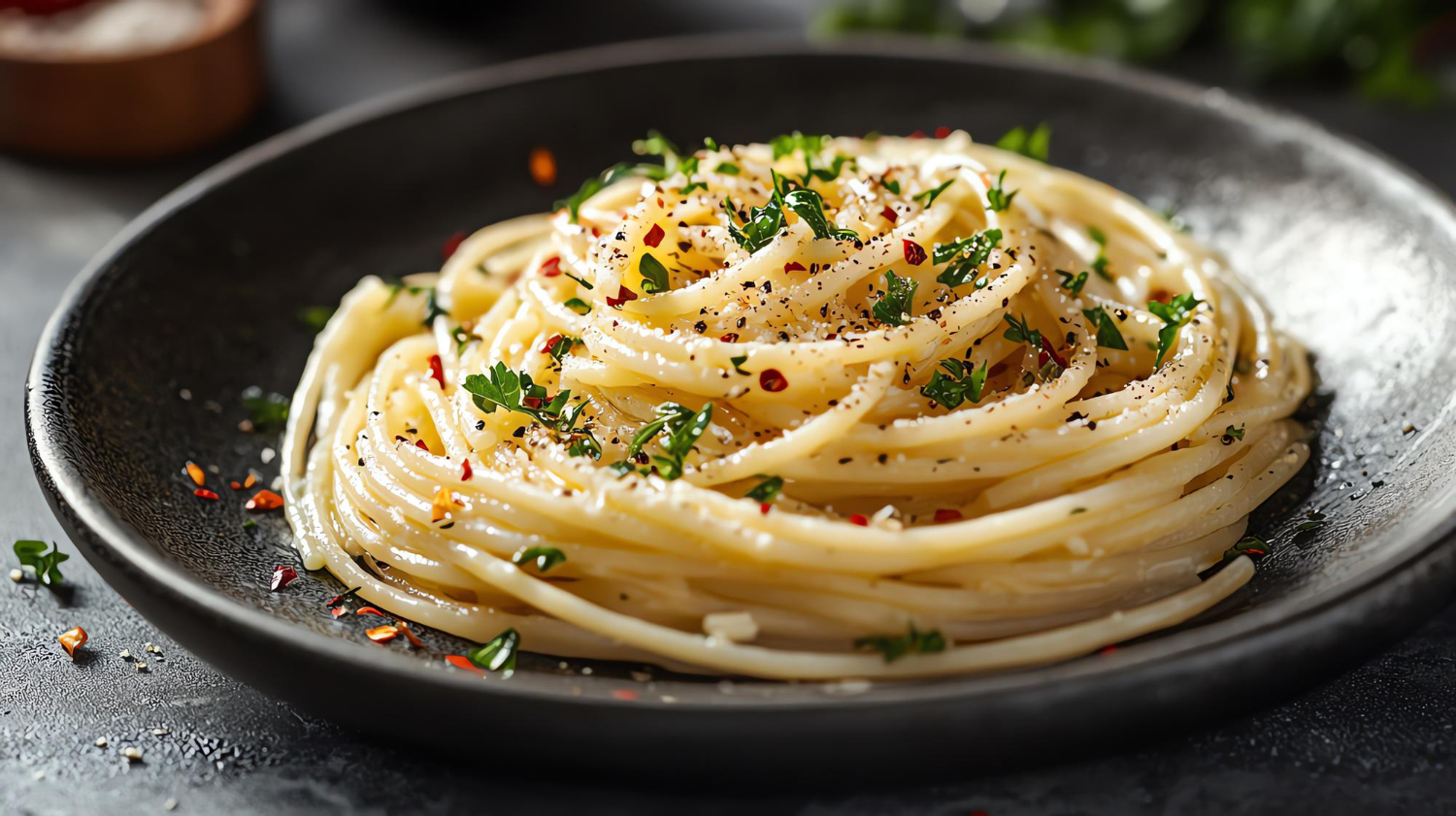Photo: Freepik
Basil, or basilico as it’s called in Italian, isn’t just a flavorful addition to the dinner table—it’s a piece of culinary tradition steeped in history and health benefits. Its vibrant green leaves have graced Italian dishes for centuries, adding not only aroma but also nutritional value. Whether tossed fresh onto a Caprese salad or crushed into the velvety pesto alla genovese, basil is an essential part of the Italian kitchen. But beyond its culinary uses, this humble herb has a story worth telling.
Why basil is more than just an ingredient
In its simplicity, basil embodies everything Italian cooking stands for: flavor, balance, and nourishment. On the surface, it’s a herb that adds a sweet, peppery note to dishes, but dig a little deeper, and you’ll find a nutritional profile that’s surprisingly rich. A few fresh leaves can deliver a decent amount of vitamin K, essential for blood clotting and bone health, as well as vitamins A and C, which support the immune system and skin health. Add to that a dash of magnesium and iron, and you’ve got a miniature wellness package that complements any meal.
The science behind basil’s healing properties
If you’ve ever wondered why basil often shows up in traditional remedies, the answer lies in its chemistry. Basil contains natural compounds like flavonoids and essential oils, particularly eugenol, that are known to reduce inflammation. These elements help fight oxidative stress, a key factor in many chronic illnesses such as heart disease and arthritis. What makes Italian cuisine so unique is how these ingredients are paired; for instance, combining basil with olive oil—another anti-inflammatory powerhouse—creates a health-boosting duo.
Even the simplest Italian recipes, like bruschetta, highlight this synergy. A slice of rustic bread topped with ripe tomatoes, fresh basil, and a drizzle of olive oil is not just a treat for your taste buds; it’s a functional food that supports your body.

Photo: Freepik
A Natural Aid for Digestion
One of basil’s lesser-known benefits is its role in promoting healthy digestion. Historically, it’s been used to soothe upset stomachs and combat bloating, thanks to its essential oils like linalool. In Italian cuisine, basil isn’t just about taste—it’s there to balance richer ingredients like creamy cheeses and fatty cured meats. Think of dishes like insalata Caprese: the fresh basil acts as a light counterpoint to the richness of mozzarella, creating harmony not just in flavor but in how the dish feels on the stomach.
Calming the mind, one leaf at a time
Basil also has a reputation as a stress reliever. Its essential oils have adaptogenic properties, meaning they help the body adapt to stress and promote a sense of calm. This makes it a perfect addition to comfort foods like soups and stews. Imagine a warm bowl of minestrone on a cold evening, with a hint of fresh basil stirred in right before serving. It’s a small touch that turns a simple dish into something restorative for both the body and mind.
A kitchen staple with endless possibilities
Italian cooking is inseparable from basil. It’s the vibrant green topping on a pizza Margherita, the key ingredient in pesto alla genovese, and the aromatic finishing touch on countless pasta dishes. But basil’s versatility doesn’t end there. It can be muddled into drinks, blended into vinaigrettes, or even used to flavor desserts. A basil-infused sorbet, for instance, is a surprising way to highlight its sweet and herbal notes.
What makes basil truly special in the kitchen isn’t just its flavor—it’s the way it brings out the best in other ingredients. Its subtle sweetness and peppery bite enhance the natural flavors of tomatoes, cheeses, and even citrus. Basil doesn’t dominate; it elevates.
How to make basil a part of your life
Growing basil at home is surprisingly easy and rewarding. Whether on a sunny windowsill or in a small garden patch, fresh basil is just a snip away when you grow it yourself. And the difference in flavor between store-bought and freshly picked leaves is astounding. Use it generously in salads, sauces, and even beverages—there’s no wrong way to enjoy it.
Final thoughts
Basil is more than an herb; it’s a symbol of how simple, natural ingredients can transform a meal—and even your health. It’s a reminder that food can be both nourishing and deeply satisfying. The next time you sprinkle fresh basil over a dish, think of it as more than a garnish. It’s a celebration of balance: between flavor and wellness, simplicity and richness, tradition and innovation. Basil might not steal the show, but it’s always there, quietly making everything better.
So whether it’s in a fragrant bowl of pasta, a crisp summer salad, or a classic pesto sauce, basil deserves more than just a passing nod—it’s a small but mighty ingredient that enriches both the plate and the person enjoying it.
Source: webmd.com (link)














